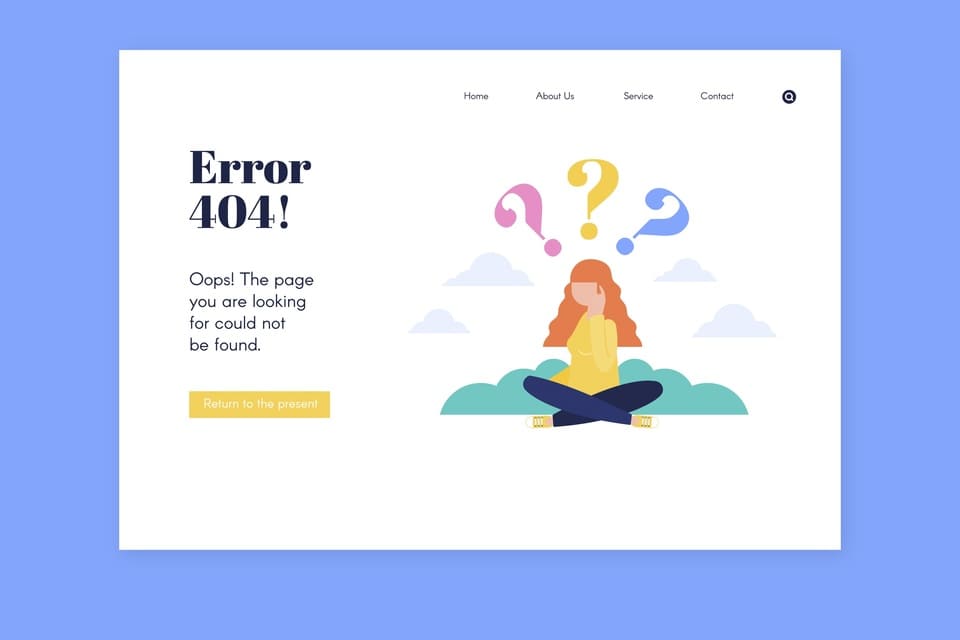Table of Contents
Have you experienced a sudden traffic and rankings drop in your website lately?
Unfortunately, such changes happen often because Google performs algorithm updates regularly that affect websites globally. If such a Google update happens, you need to keep up and follow the announcements to adjust the changes to your website and improve the content.
However, sometimes the organic traffic and ranking drops happen in no relation to Google algorithm updates. In such cases, it is crucial that you find the root of the problem, as this is probably why you are not making sales online. To help you out and direct you where to look, here are the most common problems you might be facing, together with the fixes.
So, let’s begin.
You Are Losing Links

One of the main reasons you are not getting new visitors to your website is your site losing links. This could happen as a direct loss of your referral traffic or be an indirect consequence due to other unwanted effects. When the loss occurs, Google is notified that your site isn’t as relevant as before, which makes Google reduce your ranking position.
To check whether this is the problem, use one of the tools like Ahrefs that will scan your website and tell you much more than the answer to that question. It will also tell you whether there is a potential site-wide decline, a possible link decline related to a specific page/group of pages, and a likely link decline in the external pages containing inbound links.
As you can see, you will get a lot of information on your hand. The next step is to resolve the issue. You can do this in two ways. First, you can reach out to the sites that have deleted your links and ask them to restore the links explaining your traffic drop situation. You can develop a more powerful link-building game by writing guest posts on highly authoritative sites, getting in touch with influential bloggers to earn backlinks from them, increasing social marketing activities to become widely popular on social media, and having people talk about you by linking to your website.

There are times when you neglect the SEO activities due to more significant, more-important-at-the-moment priorities, like migrating your website to another server or redesigning it for business purposes. In such cases, your SEO efforts will be minimal, and the traffic drop is likely to happen. First, you need to make sure that this is the problem by checking to see if you have broken or changed something on the website while you were busy migrating or redesigning.
One of the problems you can encounter might be the page speed, which is an essential ranking factor, especially for mobile use, as confirmed by Google. Therefore, if your website has become slower than before, this is probably why you are losing traffic.
Other problems that can arise from site redesign or migration are service interruptions, failed redirect implementations, loss of content or metadata, broken links and images, loss of internal links, and information architecture changes.
Prioritize your work tasks to have these issues fixed and then, continue with your SEO plan, enforcing and increasing the optimization activities.
Content Problems

Quality content is positioned very high on the list of ranking factors. Hence, the lack of it will doom your website to no visits and no conversions. If you don’t convey your brand’s message in a way that the information connects to your ideal clients, you will lose their interest to even browse on the site. Also, low-quality content does much more harm than having little content. Google had an update called Panda, which deals specifically with low-quality content on websites – it stops those sites from appearing in the search results.
How can you know if your content is good or bad? There are a few things to do that will improve the quality, so don’t lose a minute and put a checkmark on the list:
- Deindex, delete or improve “doorway pages” that don’t get much organic traffic
- Create longer content per article and use advanced proper English
- Use high-quality images
- Minimize ads and pop-ups which are bad for user’s experience
- Create accessible navigation user interfaces.
Hiring SEO Expert or Agency That Guarantees You Instant Traffic
You have probably come across ads like these

Believable, right? Not really.
Google doesn’t work this way. No matter what you do, you can’t get instant (as in a couple of days!) results. It is because Google has lots of rules and algorithms for evaluating a website, and it is impossible for it to go through the changes in such a short time.
What is even worse is that these people who guarantee you instant results might be using black hat SEO practices which can trick you in believing that your rankings and traffic have improved, but only for a short time, until Google notices – which is when you will be penalized and in the worst-case scenario – banned.

A good SEO strategy gives long-lasting, evergreen results. However, to get those results, a lot of hard work needs to be done. Time is not of the essence here, so it mustn’t be rushed.
At SmartClick, we do things step by step – we look for the problems, reveal them, find the best solutions, and implement them. Then we build a strategy that develops an extensive network of on-page and off-page SEO practices, and our clients enjoy the fruits of our work for the years to come.
To Sum Up
You can’t always blame it on Google for losing traffic and conversions. Most of the time, it is you that is doing something wrong. But that is OK. The important thing is to realize soon enough and act instantly, but don’t expect instant results. It is up to you to find the problems and fix them and then let Google do its magic.